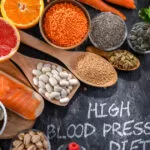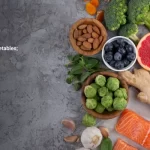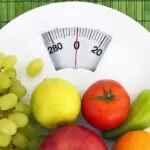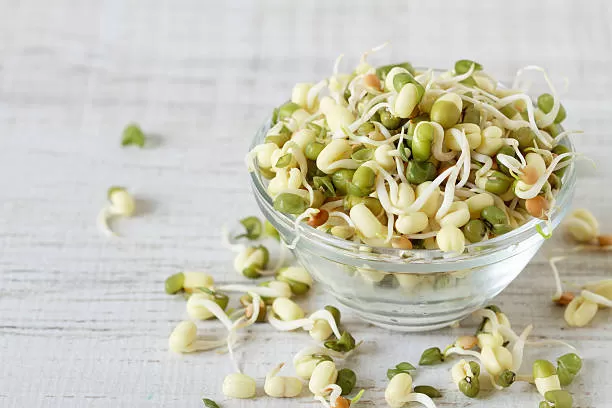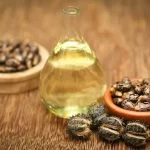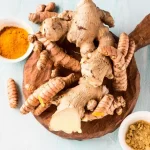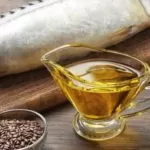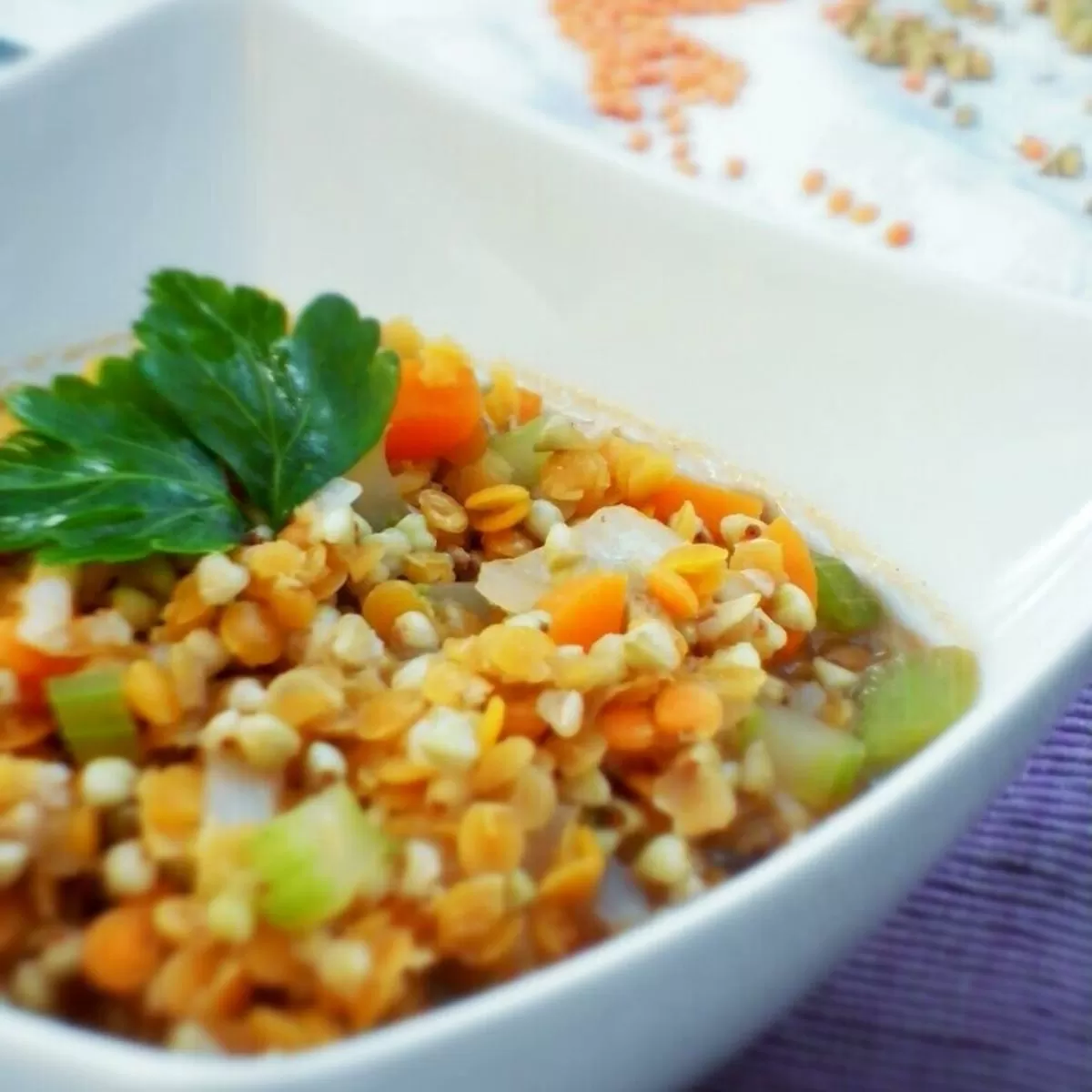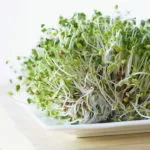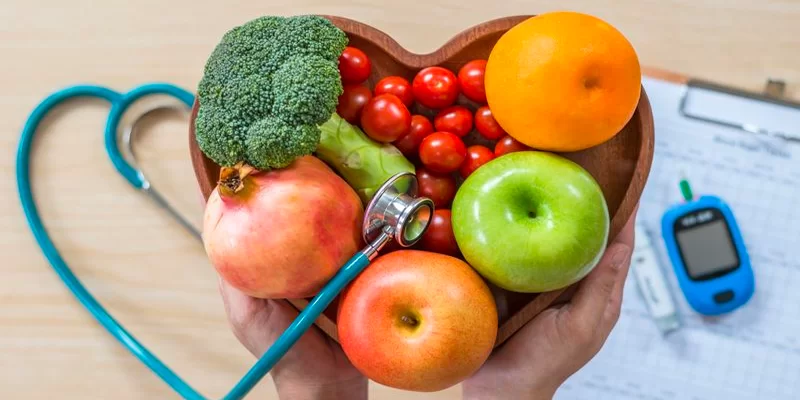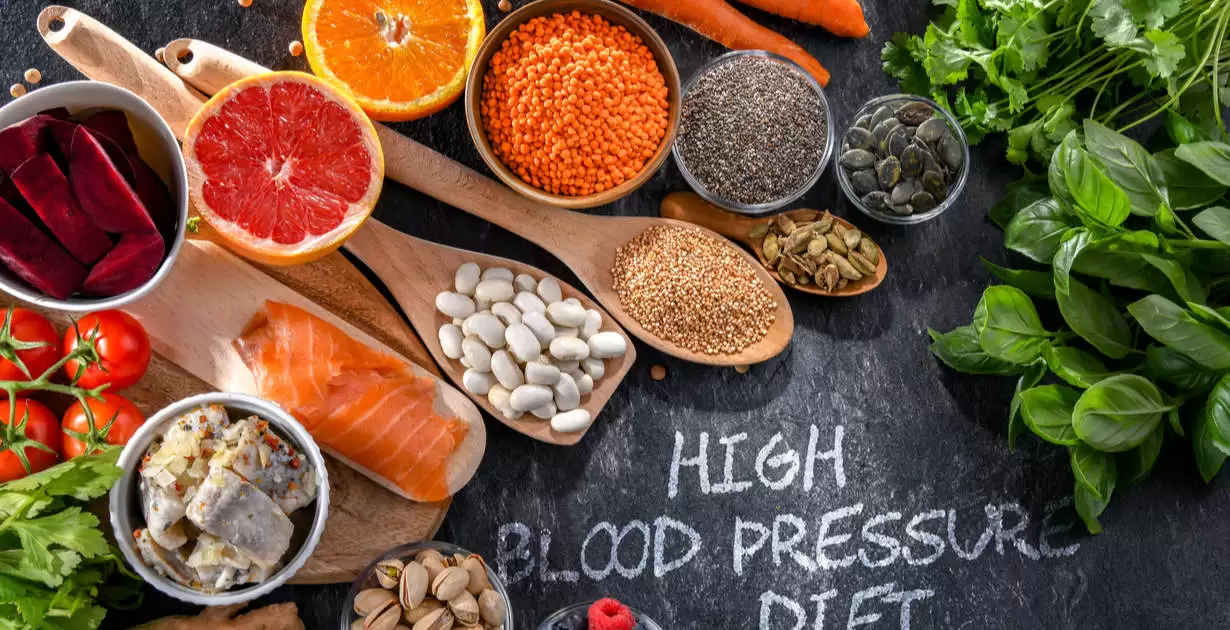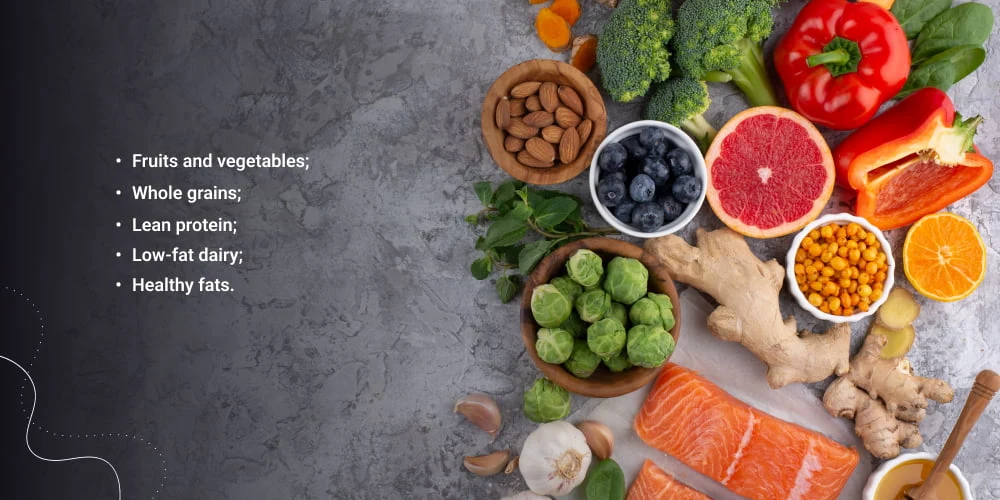Sprouts Benefits and Side Effects You Should Know
When I was making a post on alfalfa sprouts, I thought it would be nice to write about sprouts benefits and side effects in general. It is said that individuals who do not seem to tolerate cooked legumes can eat their sprouts (that is, the germinated seeds).
Basically, when a seed has oxygen, water and heat necessary, it will start sprouting to form a new living thing, a new plant. However, it begins with numerous chemical processes which are facilitated by enzymes.
Before I begin with sprouts benefits and side effects, it is important to know what sprouts really are.
In essence, it is the process of seeds and legume germination in which when soaked in water will begin to grow and sprout. They are consumed raw and the most common are oilseeds, peas, chickpeas, soybeans, moong dal, etc.
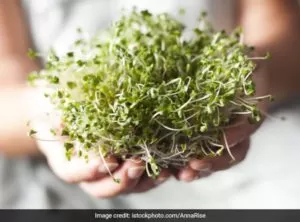
It is noteworthy to take extra care when consuming sprouts because they have a greater chance of causing food poisoning.
However, they don’t harm anybody apart from when they’re consumed indiscriminately.
READ ALSO: Benefits of Eating Lupine Beans
Any legume or grain can be sprouted but the most valued in terms of their tenderness are those obtained from mung bean, alfalfa, barley and wheat.
I made a post about alfalfa sprouts. To know more follow the link in the first paragraph on alfalfa sprouts.
Other seeds that can be sprouted are seeds of watercress, pumpkin, radish, sunflower, sesame, flax and so on.
Nutritional facts on sprouts
This post regarding sprouts benefits and side effects will focus on the benefits of sprouts first, since we have to discuss the nutritional value here.
Sprouts are quite beneficial for the health because they have essential vitamins and minerals. As it is, they are a good source of calcium, magnesium, potassium and even folate. They are also a low calorie food.
According to Dt. Arushi, one cup of sprouts has the following nutritional facts
Protein is 1 gram
Calorie: 8
Fiber: not up to 1 gram
Sugar: less than 1 gram
Carbohydrates is just 1 gram
Fat: not up to 1 gram
Using Mung Bean, the following is a mung bean sprouted composition
Per 100 grams of raw edible portion
Energy = 30.0 kcal = 126 kj
Carbohydrates = 4.13 g
Protein = 3.04 g
Fiber = 1.80 g
Vitamin A = 2.00 µg RE
Vitamin B1 = 0.084 mg
Vitamin B2 = 0.124 mg
Vitamin B6 = 0.088 mg
Vitamin B12 = ___
Vitamin C = 13.2 mg
Vitamin E = 0.010 mg α-TE
Niacin = 1.37 mg NE
Folate = 60.8 µg
Calcium = 13.0 mg
Magnesium = 21.0 mg
Phosphorus = 54.0 mg
Iron = 0.910 mg
Potassium = 149 mg
Zinc = 0.410 mg
Saturated Fat = 0.046 g
Total Fat = 0.180 g
Cholesterol = __
Sodium = 6.00 mg
This is based on % Daily Value provided by 100 grams of this food (mung bean, sprouted)
Percentage Composition
Fiber = 1.80%
Carbohydrates = 4.13%
Minerals = 0.440%
Fat = 0.180%
Protein = 3.04%
Water = 90.4%
Sprouts Benefits and Side Effects
Benefits of Sprouts
Anybody who enjoys eating sprouts ought to know the sprouts benefits and side effects as overeating them may cause food poisoning due to contamination. It is important to wash and clean them properly since they mostly consumed raw.
Benefits of sprouts are quite enormous.
- They make our hair stronger
- They are good pregnant women
- Improves eyesight
- They are enriched with medicinal properties.
Sprouts are packed with vitamin C which is quite beneficial for the hair. In essence, they not only help in hair growth, they also help in making the hair stronger.
Therefore, they should be included in our diet to eliminate growth of free radicals that encourage hair fall. They are quite good in treating dandruff and premature graying.
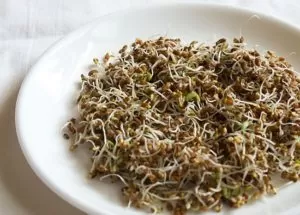
Studies and researches have shown that having them maybe beneficial to the eye as the use of sprouts is likely to prevent cataracts and weak vision.
This is because sprouts contain antioxidants and also packed with vitamin A which fosters the improvement of the weak eyesight.
As for pregnant women, defects of the neutral tube can be avoided since the cause is linked to low folate in the body. Also remember that sprouts are high in folate content.
It is recommended for pregnant women as the child needs to gain important nutrients for growth and development of the brain.
Other benefits include:
- They are living foods: Sprouts are enriched with substances that are of great biological value needed for the body such as enzymes and vitamins.
- They are predigested: Digestion of protein, fat and starch that are in the seeds begin by enzymes that are synthesized during the process of sprouting. This process is somewhat similar to what takes place in the body system during digestion. As it is, they digest easily and assimilate well.
They make available many nutrients and quite few calories which make them good and useful in diet against the disease called obesity.
- As stated above, they have medicinal properties such as regeneration of intestinal flora, stimulation of the digestive process, antioxidants, mineralizing and quite depurative.
- They are very simple to prepare and may be consumed just as they are raw in salads.
Sprouts side effects
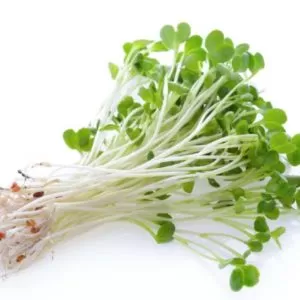
As stated earlier on sprouts benefits and side effects, they don’t seem to be harmful except when over-consumed.
As a result this may cause or trigger kidney problems. There may be no side effects as many have opined.
It is recommended you look at the drawbacks to sprouts. Here are the drawbacks below
- Bacterial contamination: According to delightedcooking.com there have been cases of alfalfa seeds and sprout contaminated with Salmonella Stanley. However, treating with chlorinated antiseptics can reduce the number of bacteria, but do not kill them completely. So, use sprouts from a reliable source.
- Saponins: These are substances found in seeds which increase during the process of sprouting. They are found to kill red blood cells in vitro laboratory experiments.
However, today they have been proven that in human body, they do not produce hemolysis.
- Toxic: Raw legumes contain toxic anti nutritional factors like hemaglutin. For this, they must be cooked.
Again, alfalfa sprouts contain small amount of non-protein amino acid that is capable of producing toxic effects to individuals suffering from erythematous lupus.
Foods to help with Constipation

A graduate of Computer Science and Information Management Technology. Diploma – Caregiving, Certificates – Dementia and Diabetes Awareness and Management. A researcher, blogger, songwriter, singer and acoustic guitarist. Born in an environment where natural talents such as healing are imparted at our natural birth. This natural talents of healing is the result of our genetic inheritance and the training from family environment.


